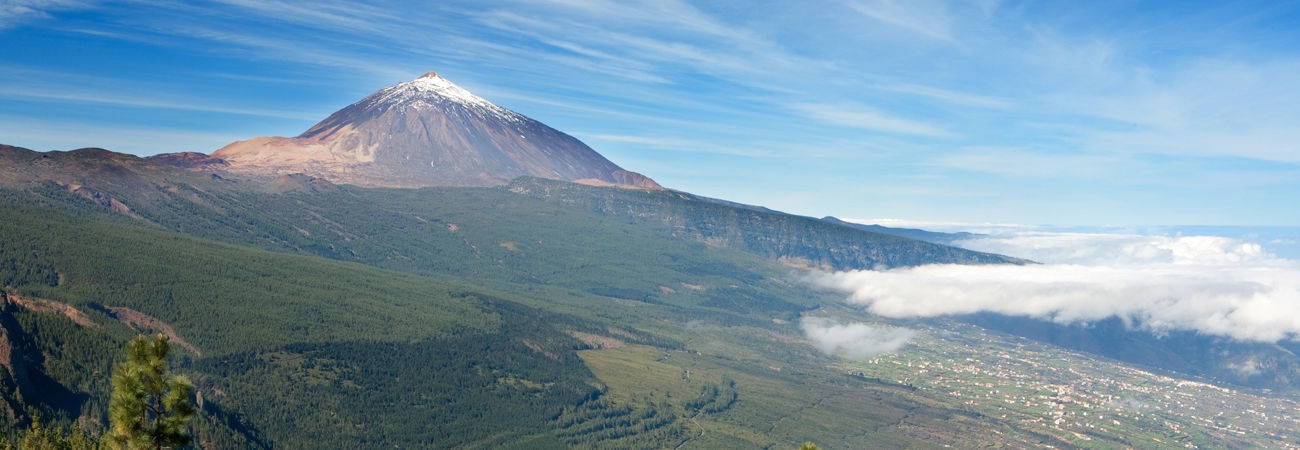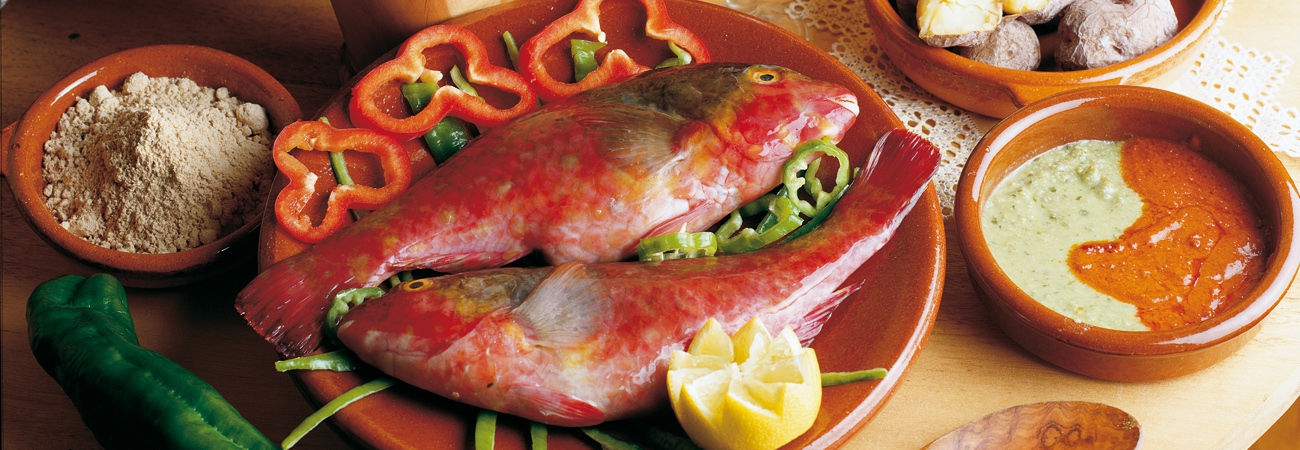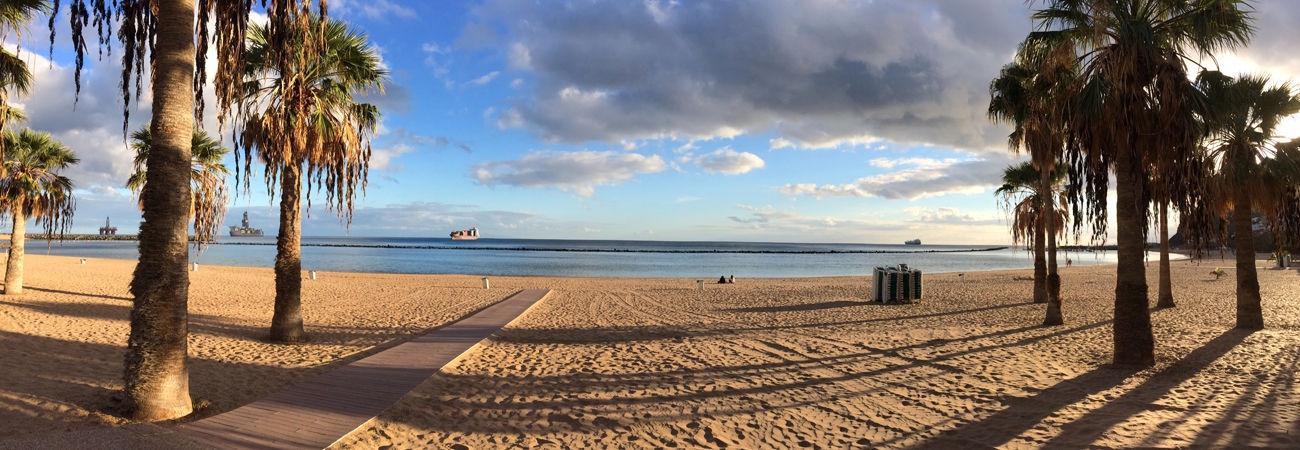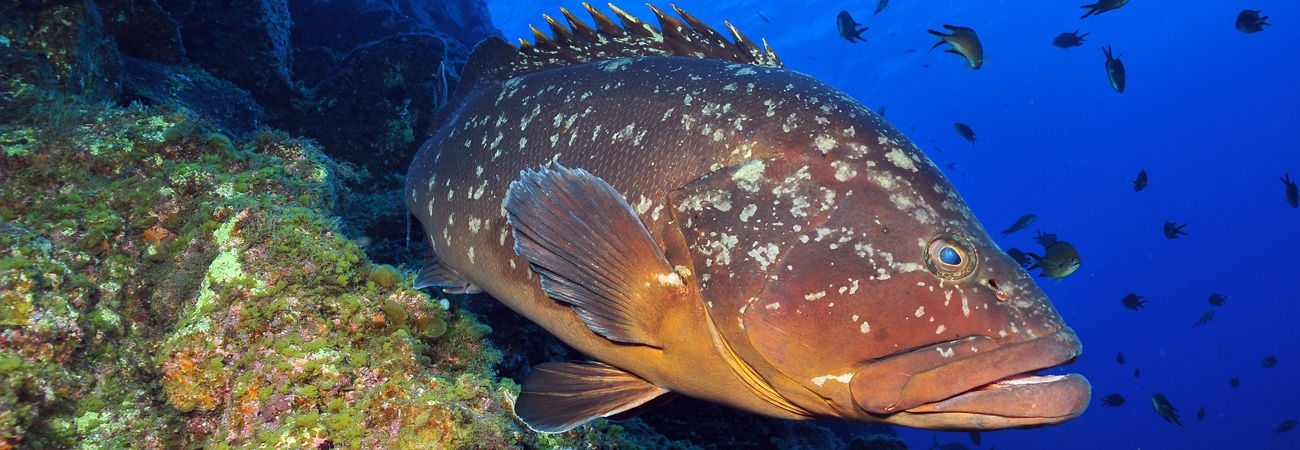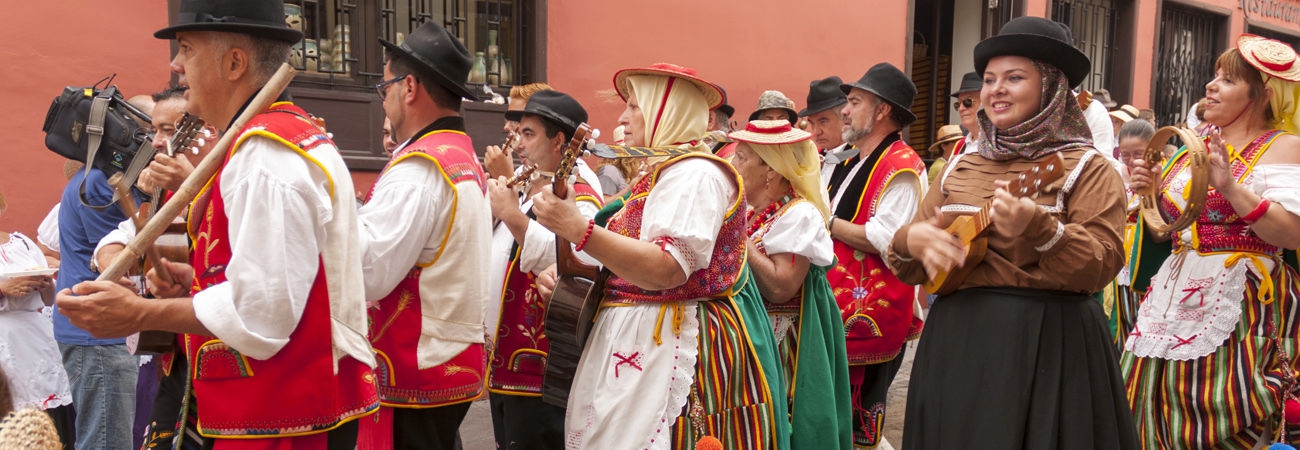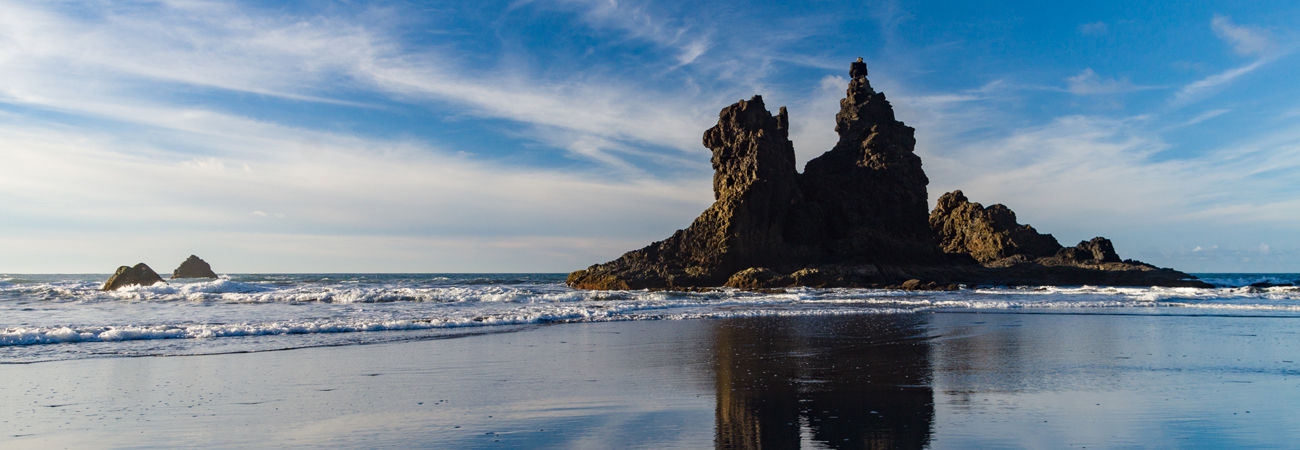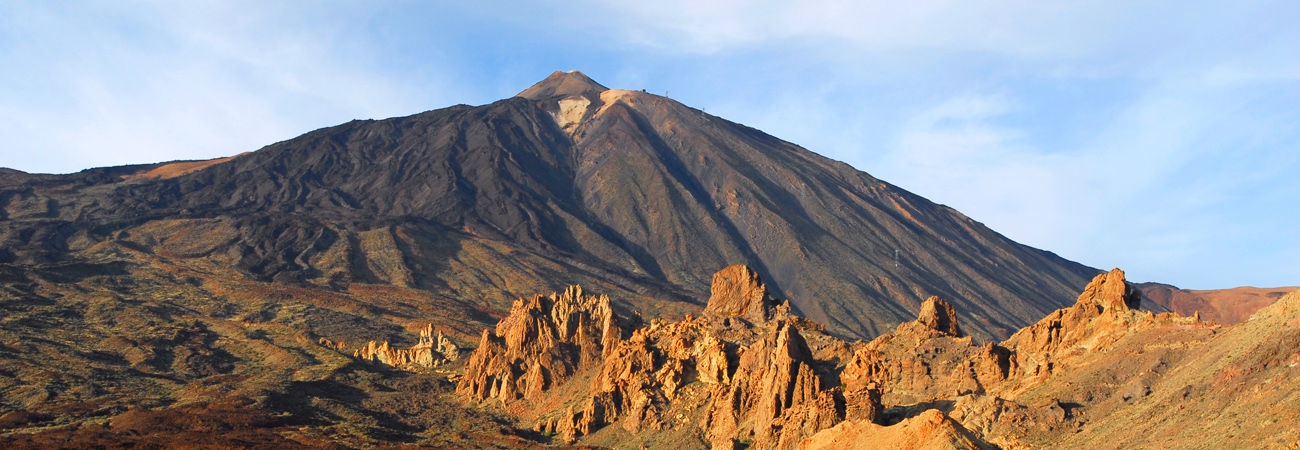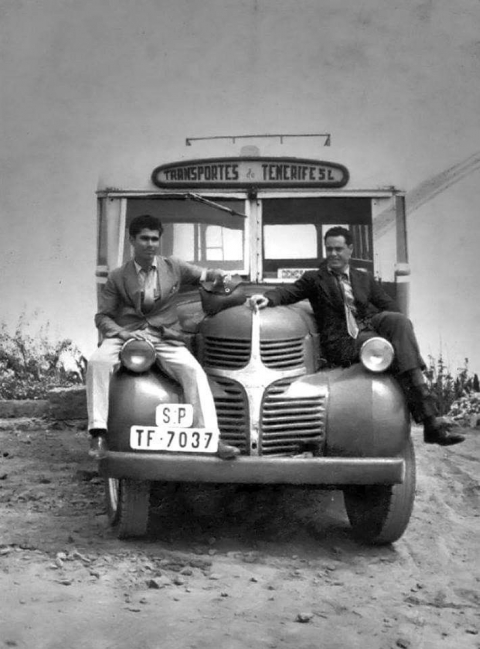The origin of term guagua in Canary Islands
It is not easy to date the origin of the word guagua in our islands, nor can it be said that it comes from Cuba to the Canary Islands or vice versa.
The term guagua is used in reference to the Castilian term of ‘bus’.
The Cuban Esteban Pichardo (1836) was the first to coin the term guagua, according to Corominas. On the other hand, this author in his Critical Etymological Dictionary does not give a date for the documentation of bus 'bus', although for him said term "is of course Cuban," and believes that it can be an adaptation of the English wagon, 'carriage'.
The Americans, he informs us, called the military transport carriages and a medium car used for the free transport of people. Given this, it is likely that, after the war for the independence of Cuba (1898), the immediate American occupation and subsequent economic dependence, such vehicles were in use on the island of Antilles.
As for the Canary Islands, bus 'bus' is not registered in vocabularies of the first two decades of the twentieth century. J. Reyes (1918), for example, which records the expression of a bus for Tenerife, does not register a bus as a term equivalent to ‘bus’. Later, Luis and Agustín Millares, who do in Léxico de Gran Canaria (1924) and How the Canaries speak (1932), speak of the American origin of the term. According to them, the buses were then "the buses, today cars, that exploit the transport service between the two extreme points of the population: the Puerto de la Luz and the San José neighborhood."
In Tenerife, according to the testimony of older people, still in the early years of the forties the garden voice was used to designate the public transport vehicle, and it was during those years when it quickly spread, from the capital, the Busy voice instead of bus, a term that had never been used, but a gardener. Thus, taking into account the above and, above all, that the first lexicographers who register a bus speak of their American origin, it seems more logical to think that this voice has come from Cuba to the Canary Islands, as another element of luggage that, to his return, brought our emigrants.
Source: Canarian Language Academy.







